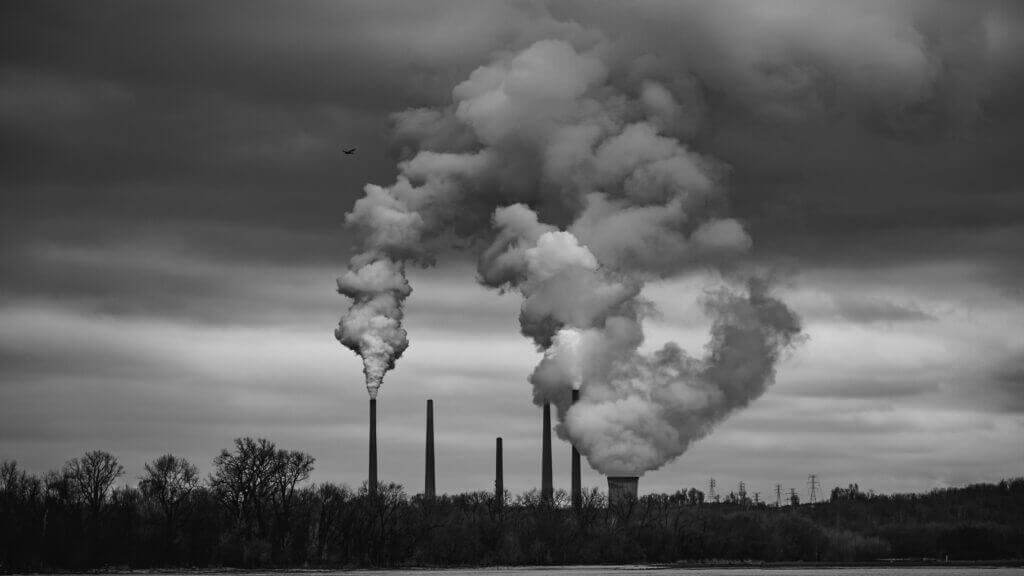
The energy crisis has already led to unorthodox measures. Now Switzerland is even relaxing the limits on pollutant emissions.
The Swiss Federal Council has issued relief in the Air Pollution Control Ordinance and the CO2 Ordinance, the Federal Office for the Environment (Bafu) announced surprisingly on Friday. These are ‘temporary measures’ that affect so-called dual-fuel plants, it continued.
These are plants that can be operated with oil instead of gas due to the tight supply situation.
Exceptions to the rule
However, the use of oil produces more nitrogen oxides and higher CO2 emissions than gas. For dual-fuel plants, therefore, targeted exemptions from current environmental regulations are needed in the event that conversion is recommended or mandated by the federal government, officials said, explaining the situation.
Dual-fuel plants would not be able to comply with the limits in oil operation in all cases, especially for nitrogen oxides. For the recommended, or ordered switch from gas to oil, less-stringent limits for nitrogen oxides and carbon monoxide will apply between Oct. 1, 2022, and March 31, 2023, federal officials stated.
Double of Limits
According to the new legislation the limit value for nitrogen oxides is to be raised to 250 mg/m3 (instead of 120 / 150 mg/m3) and that for carbon monoxide to 170 mg/m3 (instead of 80 mg/m3) in the period from October 1, 2022 to March 31, 2023. The values will thus be more than doubled in some cases.
According to the additional report of the federal administration, Switzerland, which purchases a lot of gas via Germany, would be affected by a European and especially a German gas shortage.
It therefore wants to make its contribution to the avoidance of a gas shortage situation so that the European gas storage facilities are not completely emptied by spring 2023.
According to the report, Switzerland is also aiming to save 15 percent of gas during this winter’s half-year compared with the average consumption of the five previous years through ‘voluntary’ measures.
More nitrogen oxides
In order to facilitate the rapid switchover of dual-fuel plants, and thus make a relevant contribution to the savings target of 15 percent for gas, the regulations for these plants are simply to be relaxed for the limited period.
However, the officials were confident that the vast majority of dual-fuel plants in oil operation would comply with the limits of the relevant ordinance anyway. Therefore, they said, many do not need this relaxation at all.
The switch from gas to oil will, however, result in minor additional emissions of nitrogen oxides, they added.
No additional work for the state
According to estimates the additional emissions in the winter half-year amount to less than 1 percent of the total Swiss emissions. They are not desirable from an environmental and health point of view, since nitrogen oxides generally lead to respiratory diseases and to overfertilization and acidification of ecosystems.
Because of the impending gas shortage and in order to support the savings target, a conversion of furnaces from gas to oil, accompanied by a temporary relaxation of the limit values, would be a targeted and proportionate measure, the environmental officials concluded.
And the makers of the new rules were satisfied that the partial revision would not have any significant impact on the federal government or the cantonal authorities, which would have to enforce the provisions of the ordinance.
09/16/2022/kut./ena.





